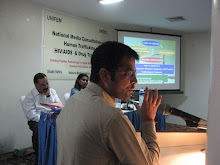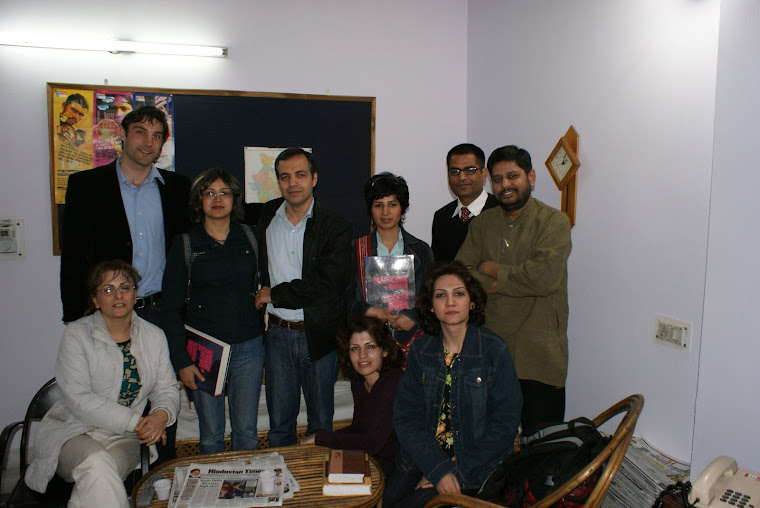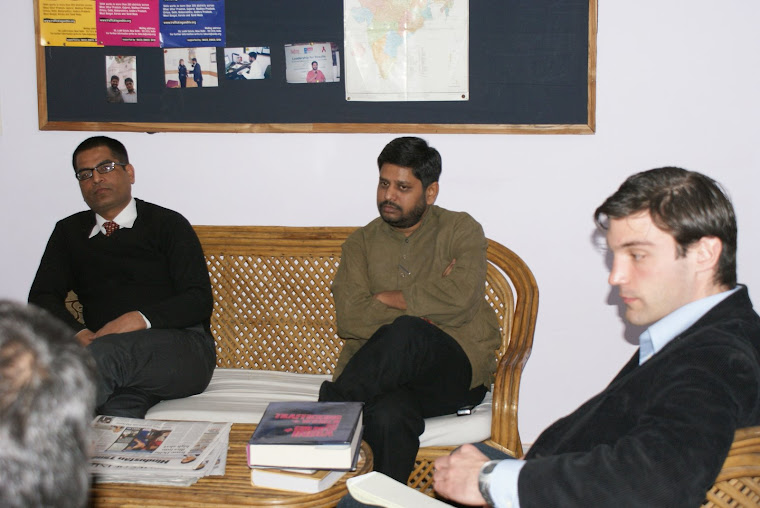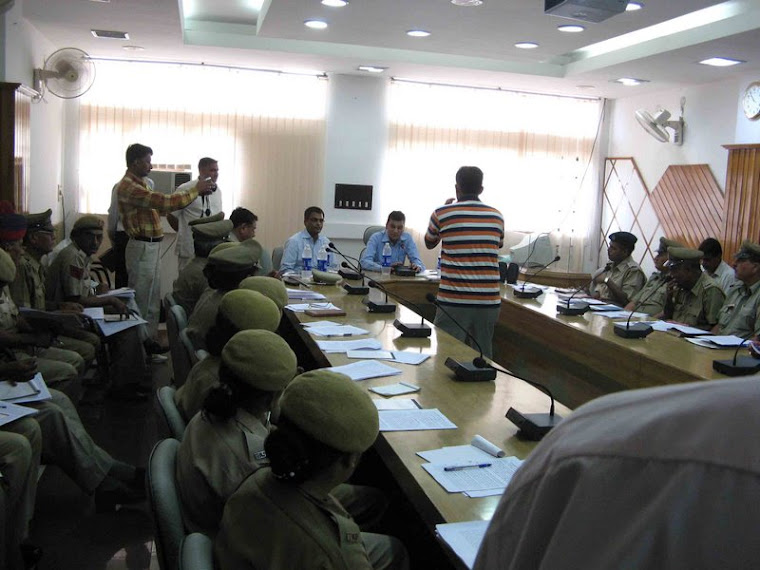Are conflicting orders inherent in judiciary?
Dhananjay Mahapatra, TNN 21 September 2009, 03:27am IST
Identical issues and problems evoke different, sometimes even contradictory, views from people. But when it comes in the shape of orders from the
Supreme Court, the logic behind the diktats is prone to questioning. No one can argue that monuments and statues should be built at the cost of thousands of trees and huge expenses even if one accepts the fact that creation and destruction are part of the life cycle of everything. But when three Benches of the Supreme Court between May 29 and September 11 view a singular issue -- UP chief minister Mayawati's fetish for statues of dalit leaders and her own -- then it surely is a cause for concern. On June 29, a Bench of Justices Dalveer Bhandari and A K Ganguly took serious note of UP government's decision to be generous with the purse strings to fulfil her fetish. It had sought answers from the Mayawati government despite its counsel making a valid counter-point -- why no one questions the thousands of crores spent on etching names of politicians from a particular family? Two weeks later, on July 10, another Bench comprising Chief Justice K G Balakrishnan and Justice P Sathasivam cut short a petitioner, who raised the matter of crores of rupees worth statue projects and drew a contrast with rampant poverty, illiteracy and lack of health infrastructure in the state. The court appeared to accept the state's plea that every penny being spent on memorials and statues was budgeted for and approved by the legislature. Refusing to pass any restraint order, the Bench had said, "If a democratically elected government takes a decision and the House approves it, there is little the courts can do unless diversion or misappropriation of public funds is involved." Two months later, on September 8, a Bench comprising Justices B N Agrawal and Aftab Alam had a very different judicial perception of the entire issue and was convinced that work at the memorial projects must stop as challenges to these were pending in the Allahabad High Court and SC. The UP government had little option but to volunteer an undertaking to stop work. It apparently did not and rightly invited the wrath of the SC, which warned that "playing with fire" could prove very costly. The jigsaw puzzle over the issue started unveiling with the May 1, 2008, order of a Bench comprising Justices H K Sema and Markandey Katju, which stayed an Allahabad HC order restraining the government from pulling down old buildings to make way for the memorials. The same Bench had observed, "When a court restrains the executive from doing its job mandated by the Constitution or law, then the executive can ignore such an order. If amendment to the Master Plan (of Lucknow) is permitted under law, the government can do it even if the courts order to the contrary." But contradictions, like creation and destruction, are also a part of life, be it a person, judge or the apex court. Famous American author and poet Oliver Wendell Holmes had agreed with this and said, "People who honestly mean to be true really contradict themselves much more rarely than those who try to be `consistent'." It was not an imagination of a poet alone. Famous French mathematician, physicist and philosopher Blaise Pascal had also seen the sign of strength in contradictions and said, "Contradiction is not a sign of falsity, nor the lack of contradiction a sign of truth." Be it poetry or judicial orders, Mayawati may not be amused at all. It reminds one of US president Thomas Jefferson's similar predicament when Chief Justice John Marshall's ruling in Murbury vs Madison (1803) laid down the firmfoundation for the doctrine of judicial review, which gave courts the power to strike down a law when it conflicted with the Constitution. Jefferson had said, "This doctrine made Constitution a mere thing of wax in the hands of judiciary, which they may twist and shape into any form they please." Well, the doctrine of judicial review is well entrenched in India and has paid more dividends to people than creating doubts.
dhananjay.mahapatra@timesgroup.com
Sunday, September 20, 2009
Subscribe to:
Comments (Atom)













































